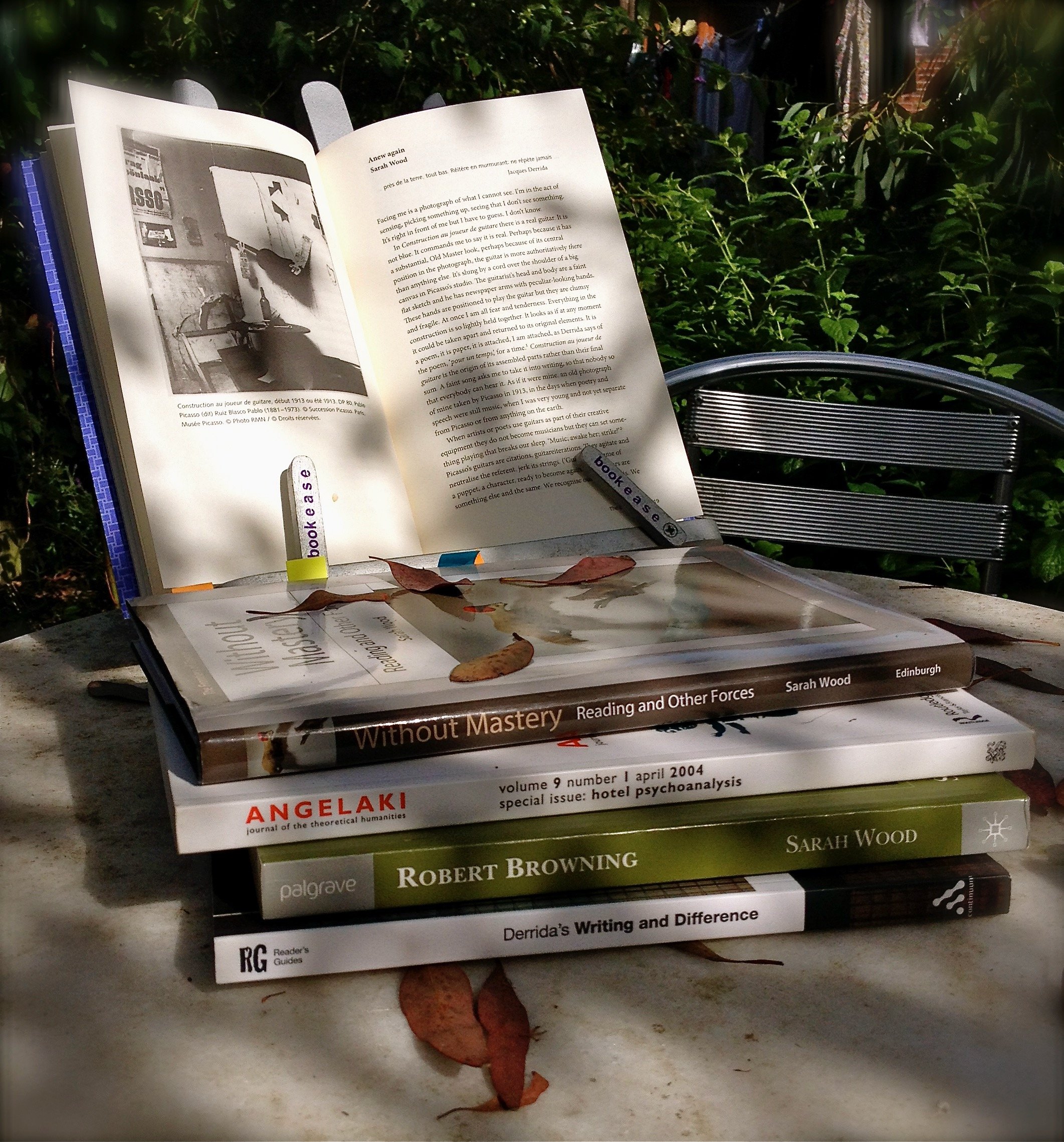
I work in person in Oxford and online. I work with adults of all ages suffering from all sorts of psychological and psychosomatic symptoms and forms of distress. These include the effects of anxiety, depression, complex bereavement, damaged confidence, difficulties in relationships, worries about sexual life, creative and work-related troubles, and chronic pain.
I have a background in the humanities. I hold a DPhil in English Literature from Oxford and went on to teach there and at a number of other universities, closing my academic career as Reader at the University of Kent. I was for twelve years an editor of Oxford Literary Review. The last issue of OLR I edited was Ext: Writing Extinction in 2019. I remain a founding editor of the wide-ranging theoretical humanities journal Angelaki and edited two special issues: Home and Family and Hotel Psychoanalysis. Now I am a full-time psychoanalytic psychotherapist, I still write and engage in academic events. My next publication will be in a special issue of Política común.
Reading and writing, like psychotherapy, are ways of picking up vital signs that have gone unnoticed. They make it possible to say things that have not yet been said, or need saying again. They can bring people together and help them discover themselves and how they want to live.
-
I am a member of the Site for Contemporary Psychoanalysis, the College of Psychoanalysts and an accredited member of UKCP . I completed my psychoanalytic psychotherapy training at The Guild of Psychotherapists. I am an EMDR practitioner and a member of the UK EMDR association. The UKCP provides an ethical framework I am obliged to abide by and my clinical work is professionally supervised.
I have offered individual therapy in private practice; at the Guild of Psychotherapists Reduced-fee Clinic; at the Charter clinic, where I also co-facilitated a regular psychotherapy group, and in the NHS.
-
